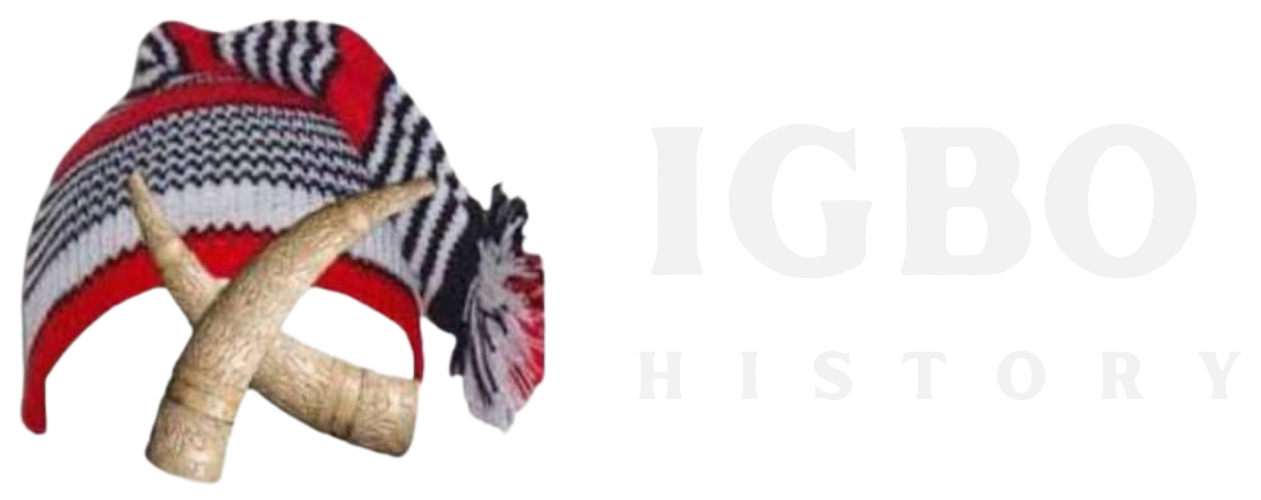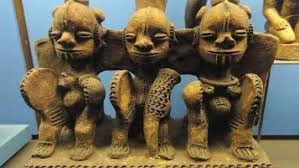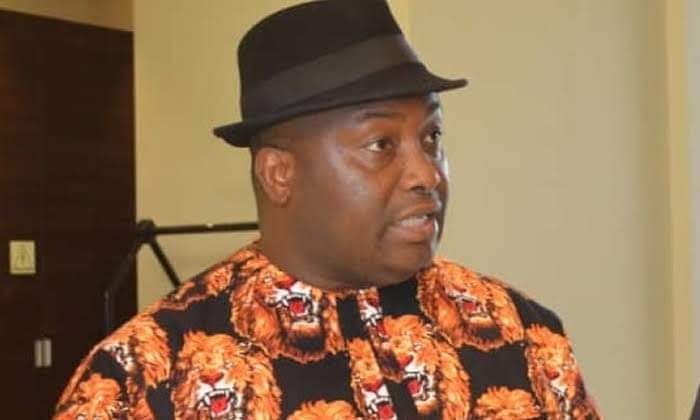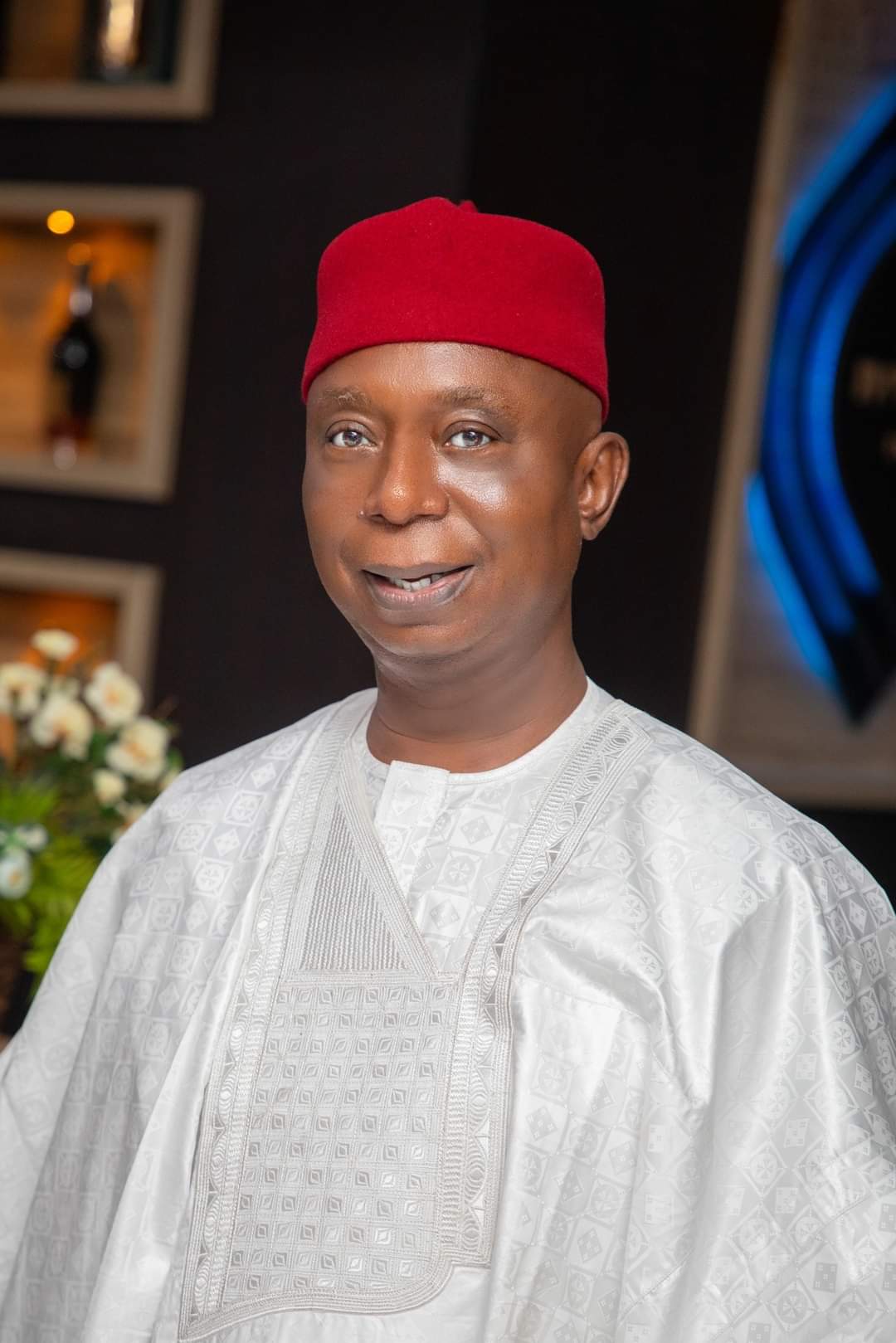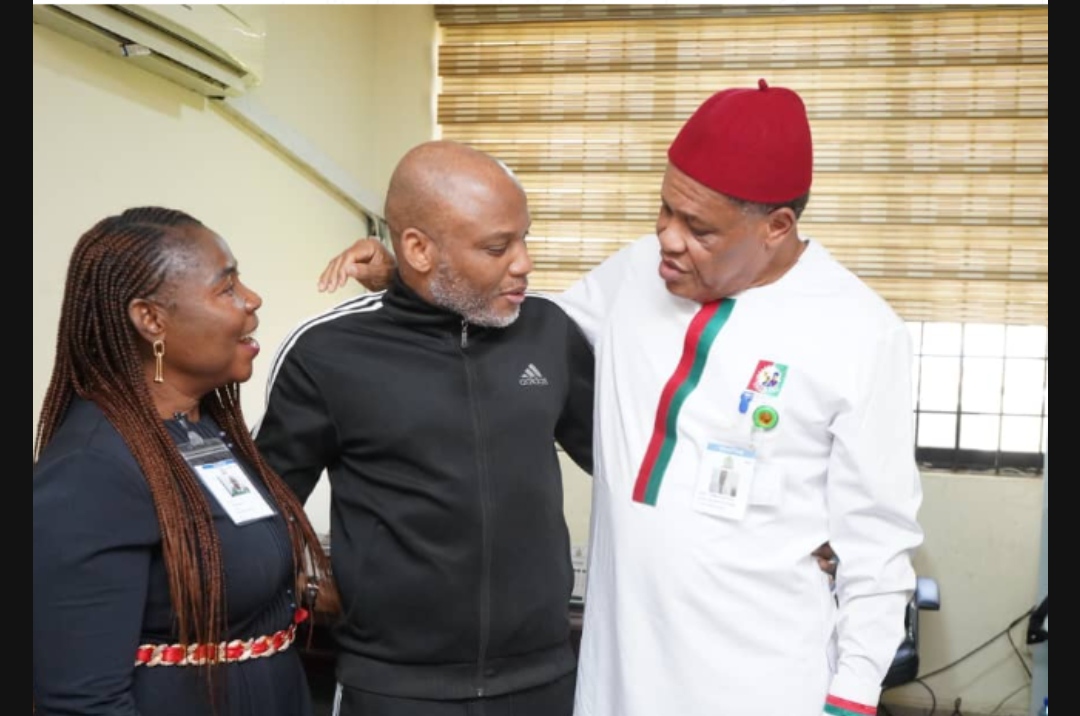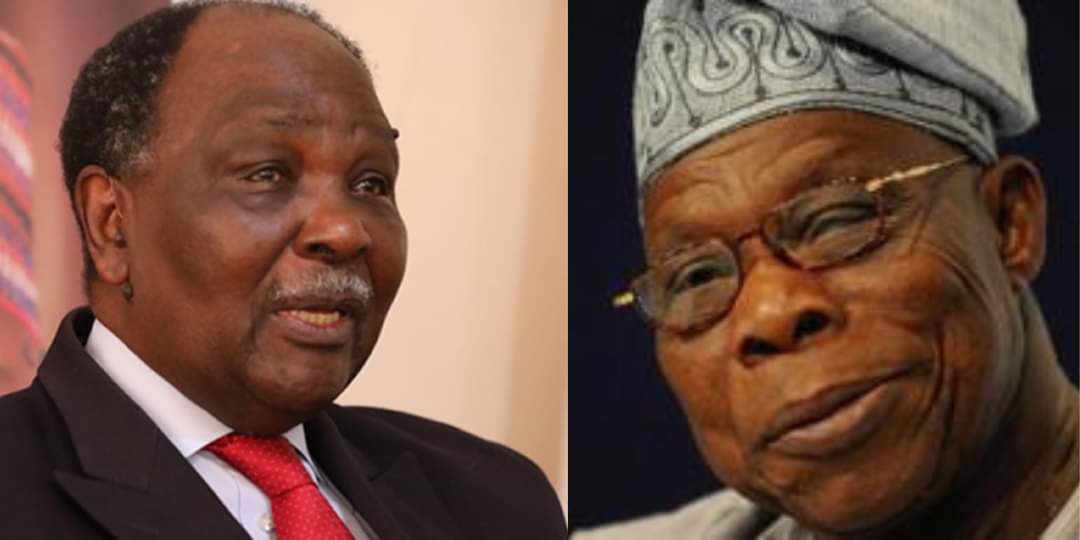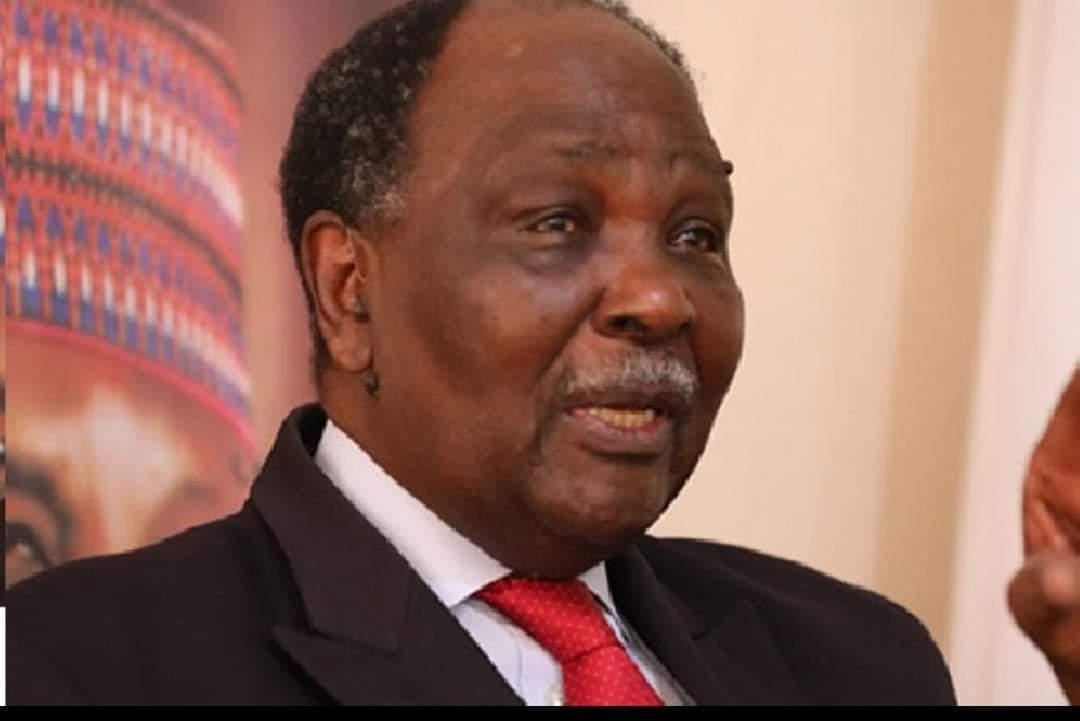“Ekwensu is not the Christian Satan”
Growing up, I often heard the word “Ekwensu” used by my Igbo family and friends as a representation of the Igbo interpretation of the Christian Satan. Whenever someone did something wrong, they were called a child of Ekwensu, destined for hell. As children, we were deeply fearful of that name.
As I matured and sought to understand more, I delved into African spirituality and culture. This journey led me to explore the true nature of “Ekwensu,” the being that had terrified us as children with the prospect of eternal damnation.
To my surprise, my research revealed that Ekwensu is not the Satan or Devil of Christianity. Contrary to popular belief, Ekwensu is a trickster god in Igbo culture, serving as the Arusi (Divine Principle) of bargains. Known for his craftiness in trade and negotiations, Ekwensu is often invoked for guidance in challenging mercantile situations.
He also embodies the forces of Chaos and Change, and in his more violent aspects, he was revered as a god of War and Victory, governing the chaotic forces of nature. Ekwensu is seen as a spirit of violence, inciting people to commit violent acts. Consequently, after a war, the chaotic aspect of Ekwensu was often banished to prevent the promotion of further conflict.
Ekwensu was the testing force or counterbalance to Chukwu (the good God). Ekwensu is a Divine Principle originating from Chi-Ukwu/Chukwu/Chineke. Our ancestors understood the importance of balance in nature, recognizing that both Ekwensu and Chukwu (symbolically representing good and evil) are Divine Principles that reside within us.
In African spirituality, from ancient Egypt to Nubia and across the continent, there was never a physical Devil or God. African deities are principles that exist within us and in the Ether (the Universe), balancing our higher and lower selves—the Ekwensu and Chukwu energies of negative and positive consciousness. The battle between Good and Evil is an internal struggle within our minds. To overcome our lower self, which drives us to harm others (Ekwensu energy), we must strive to cultivate the good (Chukwu energy) within us.
However, both energies are essential in our lives. When we go to war, punish wrongdoers, or repay evil with evil, we activate the Ekwensu energy. When people commit wrongful acts and say, “It’s the Devil’s work” or “Satan made me do it,” they are simply allowing their lower self (Ekwensu energy) to take over when it shouldn’t. It all takes place in our minds. When we pass on and return to the realm of the Ancestor-Gods, we will be held accountable for how we utilized the positive and negative energies embedded within us by Chukwu (the Feminine and Masculine Divine Life Force) at birth.
The concept of Divine Judgment was already present in African spiritual systems long before Abrahamic religions introduced their own version, which is a distorted adaptation of the African spiritual original (as seen in ancient Egypt, or Kemet).
During the advent of Christianity and the colonial missionary period, deities such as Seth, Èsù, Ekwensu, and others in African spirituality were reinterpreted as the Christian Satan due to their attributes.
First and foremost, Ekwensu is not in hell. Ekwensu did not initiate a war in heaven, nor did he deceive the mythical Adam and Eve with a forbidden fruit.
When the Judeo-Europeans introduced Christianity to Africa, they encountered a challenge: they could not find the Devil in the African spiritual pantheon because there is no devil in African spirituality. Thus, they constructed the concept of the Devil by demonizing African gods. It’s worth noting that there are still communities and individuals in Igboland named after Ekwensu, such as Obiekwensu (Senator Enyinnaya Abaribe’s community), Lekwensu in Umunneochi LGA in Abia State, and Umunkwensu in Enugu State. Even the renowned writer Cyprian Ekwensi’s name is a dialectical variation of Ekwensu, emphasizing the same trickster and god of trade.
This misrepresentation is unjust. Africans must understand that our spiritual system is fundamentally different from Abrahamic religions, which are rooted in the fear of hell. African gods are divine principles living within us, making us gods in human form, one with the Universe, manifesting the power of divinity on Earth. Satan is the Devil, not Ekwensu. If one insists that the Igbo name for the Devil is Ekwensu, then they should also be prepared to tell us Jesus’s Igbo name.
